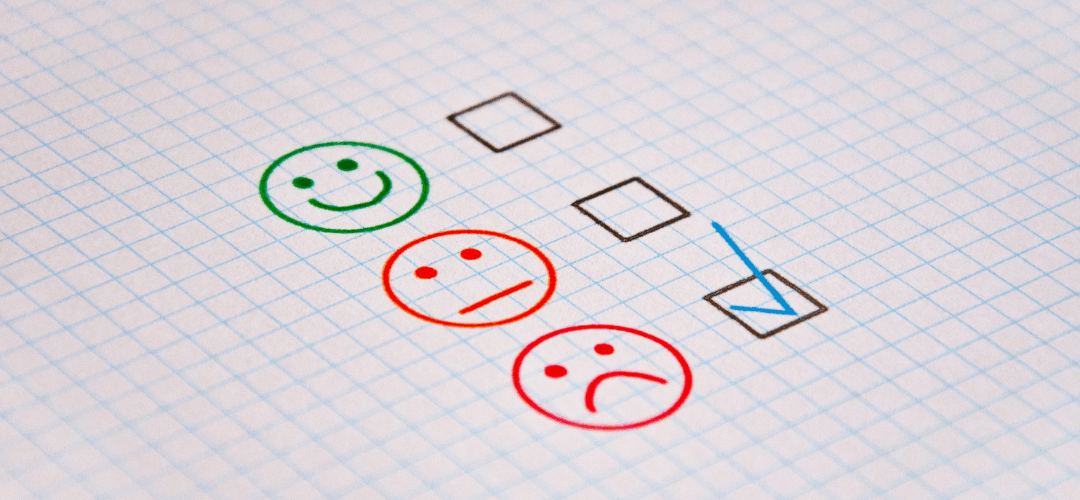In this era marked by the surge of the digital economy, customer tracking has evolved to be very important at impacting the behavior of consumers. In any case, be it a restaurant, electronic gadgets, or a service, a customer very likely scans through reviews before a decision is taken. What is it such wants and desires attributed to the comments of strangers? In behavioral science, this would be a response to a question.
Social proof is the psychological fact that people endorse a phenomenon where they check for the social behavior of people in order to determine an action that they would take. Consider a situation when a new café has been set up. It does not matter that you have not been to it before. You go directly to Google, and if you discover that there is a very high rating, together with a very high number of favorable comments, it is likely there is a high probability you will go to that café. The comforting fact that you will not be the single one who took that decision is very satisfying.
The Power of the People
There exists another aspect of the wisdom of the crowd. It has a lot to do with people’s belief in the popularity of something. A group of people united in support of a certain idea makes affirmation of the idea seem effortless. Such authority makes star ratings and reviews seem credible. One marketing message from a firm may sound lopsided, but a cross section of customer reviews turns out to be a trusted source.
The number of reviews may seem insignificant, but in reality, it matters greatly. A business with a 4.5 rating from only 2 reviews appears less persuasive than one with the same rating and 500 reviews. Partnering with a reliable Business Review Provider can help businesses accumulate authentic reviews, enhancing credibility through both quality and quantity.
The Emotional Element of Reviews
Reviews also appeal to emotions, and often sway us. Engaging reviews use the language of emotion, referring to products and services as ‘life-changing,’ ‘amazing,’ and ‘delicious,’ which fosters anticipation. Negative reviews have the opposite effect, eliciting fear and caution.
Psychologists have termed this the negativity bias. It is the willingness to spend more time and energy on the few negatives as opposed to the many positives. This is the reason for the worry that companies have over even a single negative review. One negative comment can outweigh many discreet positive ones with respect to consumer perception.
The Function of Reciprocity
Customers who read review does not passively process content but actively engage within a cycle of reciprocity. There is a phenomenon where individuals feel a sense of responsibility to contribute their opinions after receiving assistance in order to make a conclusive decision. A reviewer feels a sense of paying it forward.
This phenomenon in psychology accounts for the immense success of review platforms such as Trip Advisor, Yelp, or Google Reviews. Users do not only consume resources, but also actively produce them, thereby enhancing the value of the platform.
Decision fatigue and Cognitive Shortcuts
The reason why reviews hold so much power is cognitive biases. Every now and then a consumer is likely to come up with a qualitatively cumulative idea. How many products within a category does have a choice? Majority of them. Instead of going through each and every single detail that a business has to offer, it is far easier to estimate value through a star rating and a few comments.
This is a perfectly structured scenario in which, decision fatigue- the tiredness that comes with too many options to ponder over, is likely to occur. Users browsing through the reviews have the illusion that their time is being carefully optimized, as they feel that the choice they are making is well-informed, even if they are not investing a single minute to the core research.
Trust in Authenticity
The psychology of trust is very critical in this case. People tend to believe reviews that are personalised and are more tailored to the individual. Personal accounts, along with pictures and structured stories, such as “the service was a bit slow, but the food was great,” are more believable than generic compliments.
This is the reason why more and more platforms are paying attention to verified Business reviews and counter-fraudulent feedback mechanisms. Consumers are smart, and when trust in authenticity is broken, the reviews carry less weight.
The Business Implications
The psychology of reviews in business is critical. To a business, reviews are a public trust signal. Positive reviews improve credibility and the business, as well as new customers, and can even enhance search engine ranking position. Negative reviews provide business to critics, and when managed well, they show the business’s responsiveness and care, thus turning them into loyal supporters.
Trustworthy and customer-oriented businesses are those that actively manage their online reputation and encourage customers to leave feedback, as well as respond to concerns in a transparent manner.
The psychology to customer reviews is more than advanced social proof. It embodies psychological concepts such as emotional triggers to decision making and social influence, review reciprocity, and the cognitive shortcuts of trust in reviews.
For business, lack of reviews is a rarity, just like the lack of any reputation management. It is crucial to comprehend the psychology of the reviews, as they create customer trust, making it easy to obtain long lasting relations.
People trust reviews because they provide real user experiences and lessen any purchase uncertainties.
FAQs
What drives people to leave reviews?
Recognition, emotional satisfaction, or frustration—people want their voices heard.
Can having too many positive reviews be a problem?
Yes—Customers expect a mix of positive and neutral reviews for realism.
Do reviews or star ratings hold more importance?
Written reviews carry more emotional weight while star ratings provide quick judgment.
How do emotions impact reviews?
Strong emotions—positive or negative—are what drive people to share their experiences.

